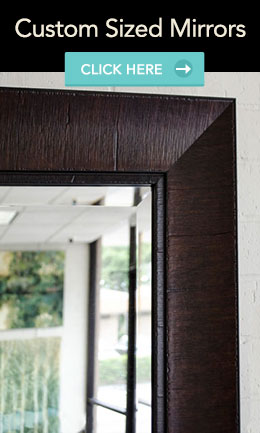
Cut Energy Costs with Mirrors: Smart Solutions for Office Buildings
Office buildings are among the largest consumers of energy, with lighting and temperature control accounting for a significant share of expenses. Integrating mirrors strategically can help reduce energy consumption by optimizing natural light and heat, thus lowering utility bills. Here’s how mirrors can contribute to energy efficiency.
Harnessing Natural Light
Mirrors can amplify the effects of natural light, reducing the reliance on artificial lighting. Properly positioned mirrors, such as large rectangular ones opposite windows, reflect sunlight deeper into a room. This can decrease the need for overhead lighting during daylight hours. Studies show that maximizing daylight in offices can reduce lighting costs by up to 40% while improving employee well-being and productivity.
Thermal Regulation
Mirrors with energy-efficient frames can help manage indoor temperatures. In colder months, mirrors placed to reflect sunlight can distribute warmth more evenly throughout a room, reducing the strain on heating systems.
For example, reflective surfaces can complement other passive solar heating strategies to achieve a more balanced indoor climate. Research indicates that effective energy management in commercial buildings can cut heating and cooling costs by 15-30%.

MAL-0293 Brown Framed Mirror For Office
Reducing Wasted Energy
The placement of mirrors can mitigate heat loss and improve insulation. For example, double-framed mirrors with insulating properties can minimize heat transfer through walls. A study from MIT highlights that energy-efficient design and operational adjustments, such as optimizing spatial layouts and materials, can significantly reduce energy waste.
Aesthetic and Practical Considerations
Custom-sized mirrors tailored to specific office layouts can seamlessly integrate with existing design schemes while maximizing their functional benefits. Square or rectangular framed mirrors are particularly versatile, as they can be mounted vertically to enhance height perception or horizontally to widen a space. These designs also align well with modern office aesthetics, making them a practical and stylish choice.
Mirrors are more than decorative elements—they are powerful tools for energy efficiency in office spaces. With strategic placement and customization, framed square or rectangular mirrors can amplify natural light, improve thermal regulation, and contribute to substantial cost savings.
